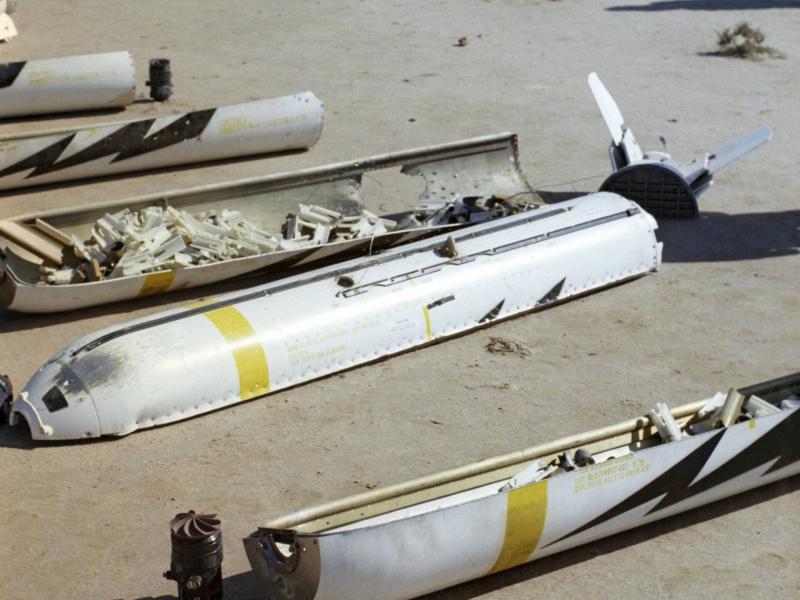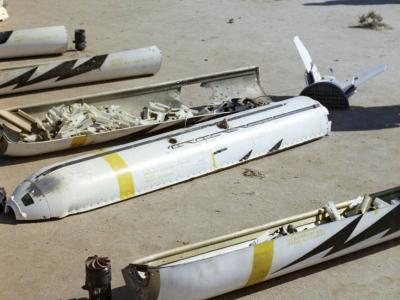Following the United States' announcement to fulfill Ukraine's request for sending controversial cluster bombs, there has been severe criticism from human rights groups since this type of weapon is banned by over a hundred countries.
Cluster bombs are a means of dispersing large numbers of small bombs from a conventional or advanced missile or artillery shell during the missile's or shell's mid-flight, landing across a wide area. These small bombs are supposed to explode upon impact, but the term "dud bombs" is commonly used for this type of munitions because they may not detonate if they land on a soft or moist surface. They can later explode after being handled or when they come into contact with feet, leading to injury or death of the victim. These bombs are remarkably effective when used against ground forces hiding in trenches or fortified positions, making large areas extremely hazardous, often preventing passage until they have been carefully cleared.
Many countries have signed the Convention on Cluster Munitions, with over a hundred countries, including the United Kingdom, France, and Germany, having ratified an international treaty that prohibits the use or stockpiling of these weapons due to their indiscriminate impact on civilian populations. Children are particularly at risk of injury from these bombs, as they may resemble a small toy found in residential or agricultural areas, often attracting the curiosity of children. Human rights groups have described these bombs as "ugly" and have even labeled their use as a "war crime."
Both Russia and Ukraine have been utilizing cluster bombs since the onset of the full-scale Russian invasion in February 2022. Neither country has signed the treaty prohibiting them, nor has the United States. However, Washington has previously criticized Russia's heavy use of the weapon. The failure rate of Russian cluster bombs is estimated to be around 40 percent, implying that a significant number of these bombs remain unexploded, posing a severe risk in the area. Conversely, the failure rate for American cluster bombs is believed to be less than 3 percent.
### High Ammunition Consumption in the Ongoing War in Ukraine
Ukrainian artillery shells have nearly run out due to their extraordinary usage, making it challenging for Western allies to meet Kyiv's demands for these munitions promptly. The significance of cluster bombs has increased as artillery has become a primary weapon in the static fighting fronts in southern and eastern Ukraine. Currently, the Ukrainians are tasked with the challenging mission of trying to dislodge Russian invaders from their fortified defensive positions along a conflict front estimated to be about 1,000 kilometers long. Amid a shortage of artillery shells, Ukraine has requested the United States to replenish its stockpile of cluster bombs to support its arsenal, targeting the Russian infantry guarding the defensive trenches and strongholds.
Washington's decision to announce the provision of cluster bombs to satisfy Kyiv's requirements was not an easy one and is not very popular among many Democrats and human rights advocates, leading to discussions that lasted at least six months. The immediate consequence of this decision may erode a significant part of the moral ground that the U.S. has maintained in supporting Ukraine since the beginning of the conflict in February 2022. While the numerous war crimes attributed to Russia are well-documented, this step is likely to provoke accusations of hypocrisy against the U.S. Cluster munitions are considered a grotesque and indiscriminate weapon, and their use is prohibited by dozens of countries worldwide for logical reasons. This action is widely expected to place the United States at odds with its Western allies, which could result in the division that President Vladimir Putin desires to see among Western allies.




